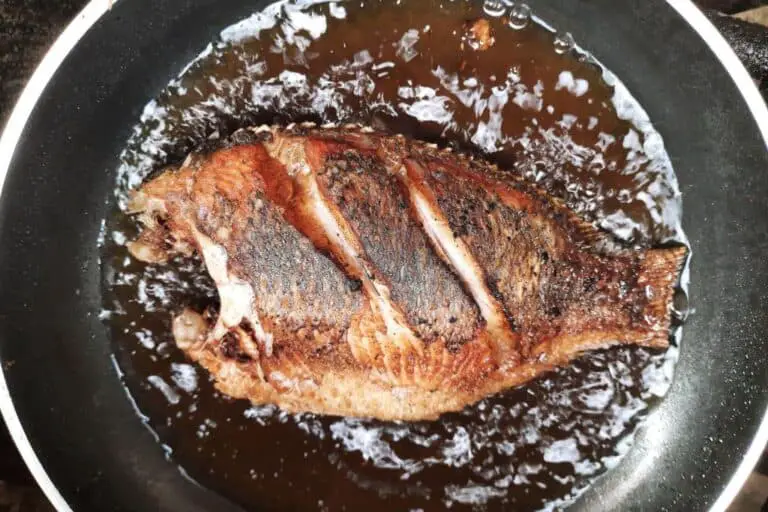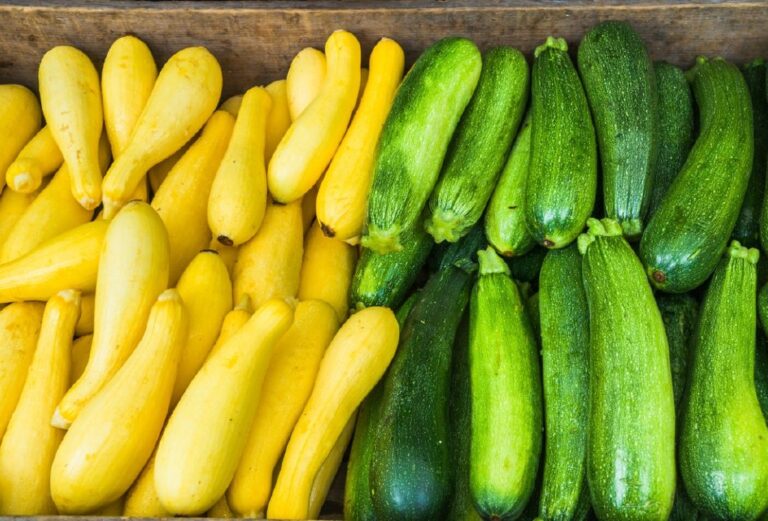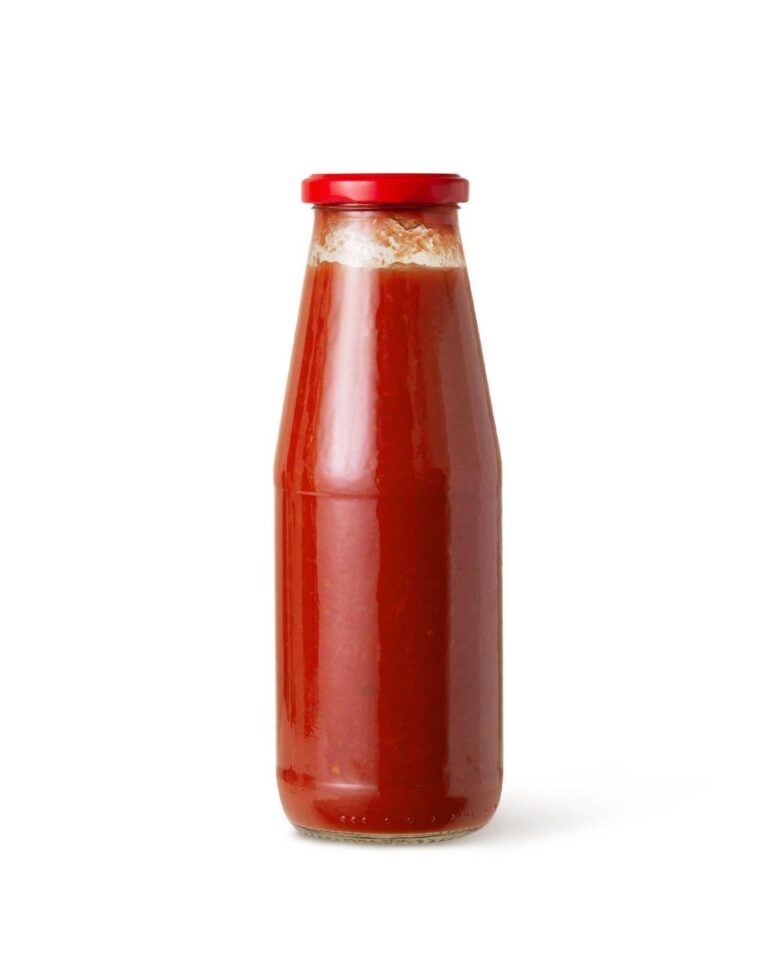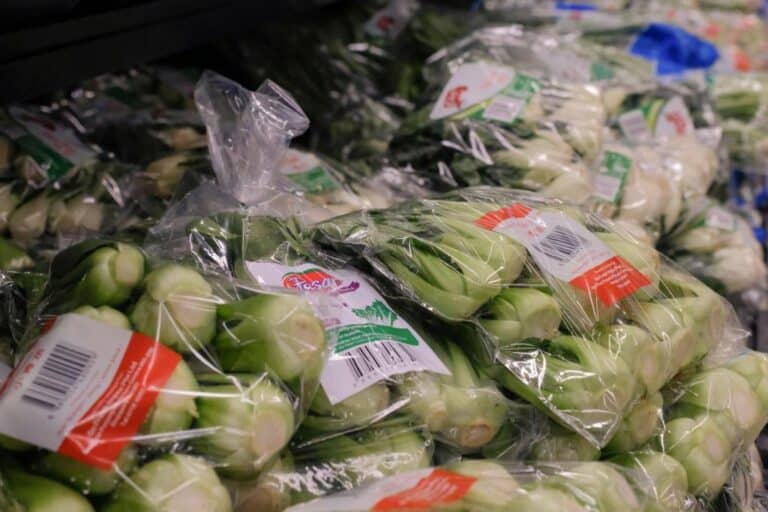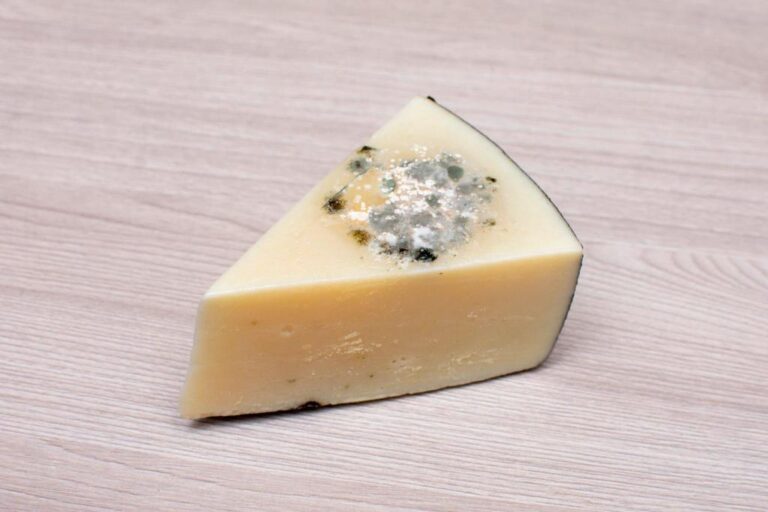Do Canned Beans Need to be Cooked? Can You Eat Out of the Can?
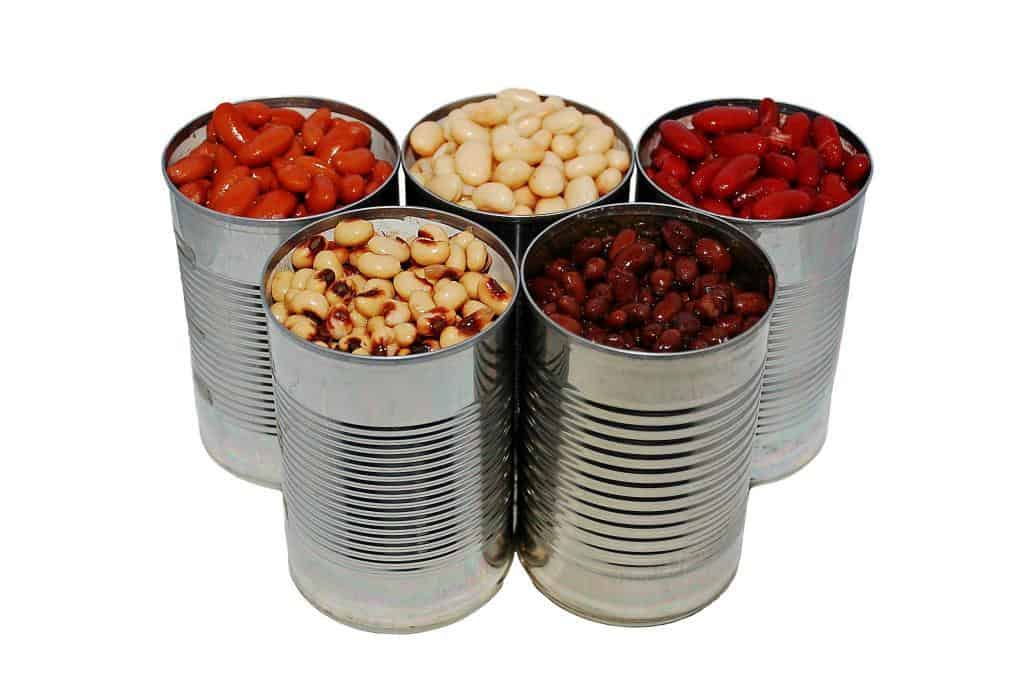
There are more than 40,000 types of beans in the world, and they are all members of the legume family. These plants produce pods with seeds inside as one of their main family characteristics.
Beans are a good source of protein, fiber, and vitamins, and they can be cooked in many different ways. Beans are a good source of fiber and antioxidants, which may help protect against certain diseases.
People in the United States often eat black beans, pinto beans, navy beans, kidney beans, and other kinds as well. You can buy them from most convenience stores, either dried or canned.
When it comes to canned beans, few people think about the health advantages. Some people might believe that they are less healthy or less nutritious than dried beans.
This article investigates if you can eat canned beans straight from the can and the health benefits and drawbacks of doing so.
Do You Need to Cook Canned Beans?
Most people think that canned beans don’t need to be cooked because they come pre-cooked. However, there are a few things you should know about canned beans before you decide whether or not to cook them.
Canned beans are already cooked under steam pressure in a highly acidic environment. This is to prolong the shelf life of the beans.
Unfortunately, this can make them more difficult to digest and may cause some people to feel stomach discomfort. Additionally, canned beans can contain high levels of sodium and other preservatives.
| Cooking canned beans can help reduce these effects. By cooking them in freshwater, you can help remove some of the acidity and salt. You can also add healthy ingredients like herbs and spices to enhance the flavor. |
Commercial Canning Beans Processes
Canned beans are a staple in many kitchens, but have you ever wondered how they are made?
The commercial canning process for beans for sale is fascinating but actually relatively simple.
The process starts with selecting the perfect beans. Once the beans are chosen, they are soaked in water overnight to soften them.
The next day, they are rehydrated in hot water at 75-85 degrees Celsius (167-185 degrees Fahrenheit). This process also kills any germs or bacteria on the surface of the beans.
Then, they are given any food additives, like salt, and canned under high heat and pressure. A canning machine is then used to seal the cans and sterilize them using heat. The final step is to label the cans before they are shipped off to grocery stores.
You Shoud Drain and Rinse Canned Beans before Cooking — Here’s Why
Canned beans are a convenient and affordable option for busy cooks. However, what about the murky, viscous liquid that the beans are packaged in?
Yes, the liquid helps keep the beans fresh for a long time, but it is mostly made of starch and salt, which could change the texture or taste of the final dish.
So, before you can add them to your favorite recipe, you need to drain and rinse them first. Here’s why:
- Canned beans are often high in sodium, which can make them undesirable for some people. Rinsing and draining the beans helps to remove some of the sodium.
- Canned beans can also be quite mushy. Rinsing and draining them helps to firm them up so they’re more pleasant to eat.
- Finally, rinsing and draining canned beans helps to remove any metallic taste that might be present. This is especially important if you’re using older cans of beans or if your beans come from a particularly metal-rich area.
How to Rinse and Drain Canned Beans
As was already said, most canned liquids need to be rinsed and drained before being cooked. Here’s how to do it:
1. Open the can of beans and pour them into a colander.
2. Rinse the beans in cold water for 1-2 minutes.
3.Let the beans drain for a few minutes before cooking them.
4. If you’re using canned beans in a recipe, be sure to adjust the amount of salt called for accordingly.
Rinsing and draining canned beans is a simple process that only takes a few minutes. By doing this, you can help reduce the sodium content of your meal while still enjoying the convenience of canned beans.
Canned Beans vs Dried Beans
When it comes to canned beans versus dried beans, the former definitely wins in terms of convenience. Dried beans typically require an overnight soak and several hours of cooking time, whereas canned beans can be turned into a meal in just minutes.
The trade-off, of course, is that dried beans are generally more affordable than their canned counterparts. But if you’re short on time (or patience), canned beans are definitely the way to go.
If you’re looking for a way to add a little extra flavor and texture to your favorite spread, consider adding a halved or whole canned bean to the mix. The beans will pick up the flavors of your spread and give it a creamy texture without any of the added fat.
Pros and Cons of Canned Beans
There are many reasons why people might choose to buy canned beans rather than dried or fresh beans. One reason is that they are convenient and easy to use. Simply open the can and heat them up, and they’re ready to eat.
There are some pros and cons of using canned beans compare to fresh dried beans
Pros:
- Canned beans are a quick and easy way to add protein and fiber to a meal. If you are watching your calories intake, you can eat canned beans on keto diet.
- They are relatively inexpensive.
- Canned beans are already cooked, so they can be used in recipes that do not require cooking or can be eaten as is.
- Canned beans come in a variety of types, such as black, kidney, garbanzo, and pinto beans.
- Canned beans also have a long shelf life, so you can keep them on hand for when you need them.
- Some canned beans even come in different flavors, such as chili-seasoned or with added vegetables.
Cons:
- They are relatively expensive compare to dried beans
- The sodium content in canned beans can be high, so those who need to watch their salt intake should choose the low-sodium or no-salt-added varieties.
- The BPA lining in some cans can leach into the beans and cause health concerns.
- Canned beans may not be as fresh-tasting as home-cooked beans.
- They can be harder to digest because of the canning process and adiitional of natrium or other preservative.
| Many food companies have said in public that they will stop lining their metal food cans with bisphenol A-based epoxy coatings. This is because BPA is a synthetic estrogen that scientists have linked to breast cancer, damage to the reproductive system, developmental problems, heart disease, and other illnesses. Unfortunately, several food firms and brands continue to use BPA-containing cans. Sadly, there is no reliable technique for consumers to determine whether a canned food item is BPA-free. |
Can You Eat Out of Canned Beans?
You can, but should you? Canned beans are a staple in many American diets because they’re an easy and inexpensive source of protein. But what about the can itself? Is it safe to eat canned beans straight out of the can?
The answer is technically yes, but there are a few things to consider before doing so. First, the can itself may be coated with a harmful chemical called bisphenol A (BPA). BPA is known to leach into food and cause health problems.
Second, canned beans usually contain high levels of salt and other preservatives. Eating them straight out of the can could increase your sodium intake to unhealthy levels.
Finally, canned beans often have a metallic taste that some people find off-putting. If you don’t mind this taste, then go ahead and enjoy your beans straight from the can!
Conclusion
Beans are an important source of plant-based protein and other important nutrients like iron and folate. They are considered a staple food in some cultures.
Canned beans are often thought of as being an inferior product to dried beans. However, there are some advantages to canned beans over their dried counterparts.
For one, canned beans are already cooked and can be eaten straight out of the can. This is a major time saver for busy people who don’t have the time to cook dried beans from scratch. Additionally, canned beans are usually cheaper than their dried counterparts.
That being said, there are also some disadvantages to canned beans. For one, they often contain added salt and sugar, which can be unhealthy for some people. Additionally, they can sometimes lack the flavor and texture of homemade cooked beans. If you have the time and are looking for an easy way to avoid adding salt and sugar, dried beans are the way to go.


